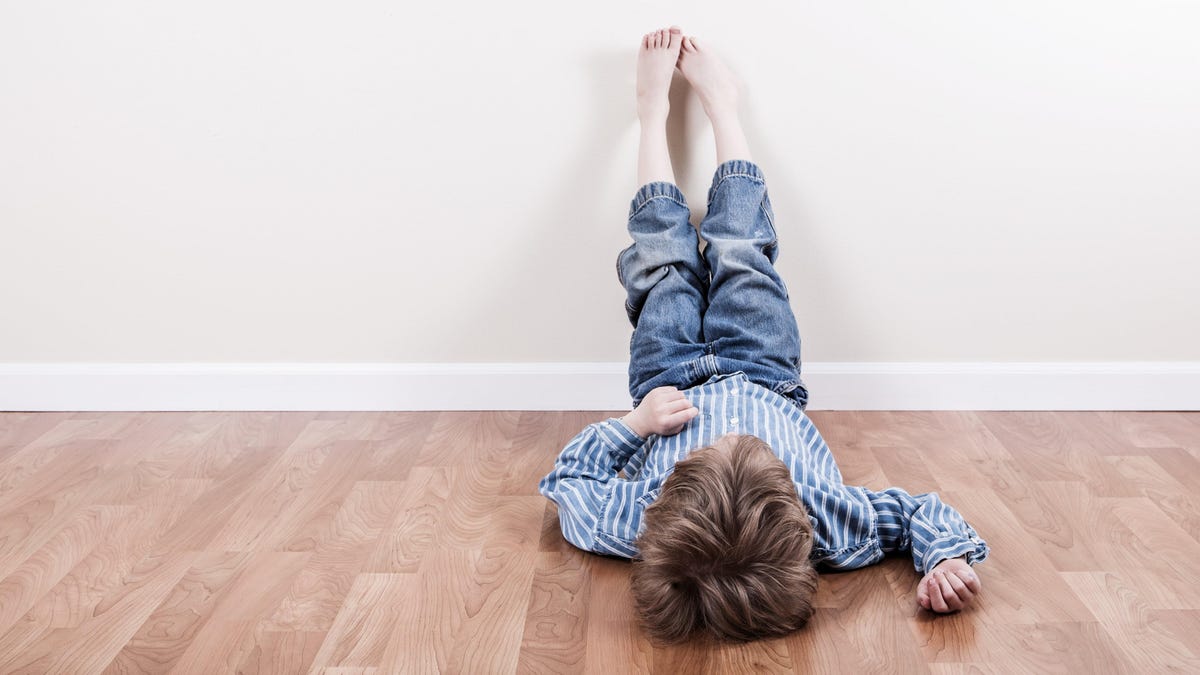What to Do If One Child Thinks He Is a “bad Child”

It can happen innocently enough. One child resolutely follows the rules, the other takes risks. The eldest is the leader, the youngest is the clown, and the middle child is insecure. You slyly call one “princess” and the other “daredevil.” Before you know it, stereotypes and labels have taken root, affecting adult expectations and children’s self-esteem.
Labeling children “good” and “bad” leads to unrealistic expectations that the “golden child” will do everything right and never make mistakes; they can become successful, people like and disturbing. When one child seems to get all the praise and the other gets more criticism, sibling conflict develops.
“Other problematic labels can include any positive qualities that indicate one child is better than another, such as ‘smart’, ‘nice’, ‘easy’,” says Dr. Tish Taylor. psychologist and author of Forging Connections: Building Social and Emotional Health in Children and Adolescents .
Taylor said stereotyping children can affect their ego development, making them feel unworthy or superior.
“In any case, there is an imbalance in perception and potential identity formation,” she said. “In addition, sibling relationships are negatively impacted both in childhood and adulthood.” Ultimately, it can be difficult for siblings to develop lasting and supportive relationships with each other.
How to understand that labels are negatively affecting your children
There are several reasons why parents may inadvertently signal that they prefer one child over another:
- A particularly good-natured child may find it easier to bring him up at difficult stages of development.
- With a child who is similar in character to the parent, it may be easier to establish contact.
- A child who excels in an area that parents value (such as sports, the arts, or academics) may receive more praise than one who does not.
- If one child has different developmental needs, they may need more time and attention from their parents, which will make other children feel less supportive.
“Another reason for perceived favoritism includes the observed positive interactions that occur between parent and child,” Taylor said. “In other words, if a parent finds it easier to get along or raise one child than another, their interaction is likely to be more positive overall compared to a parent-child dynamic where there is increased tension and conflict. The child may feel that his brother or sister is being taken advantage of because of the increased conflict and tension they experience between themselves and their parent.”
If one child shows signs of aggression or jealousy towards a sibling or makes a direct comment about being perceived as “bad”, it’s time to correct and remove the labels they have attached.
How to deal with negative labels
The first step to correcting the good-bad relationship between siblings is to pay attention to how much time and attention you give to each child.
“Try to give each child an approximately equal amount of time and attention by engaging in activities that each of them enjoys, especially things they enjoy doing with you. Second, increase positive interaction with a child who is perceived as “bad,” Taylor said.
Try these positive interaction tips:
- Start a conversation with your child.
- Show interest in what they do.
- Schedule a regular date between parents and children or a special time when conflict can be avoided.
- Tell your child about the positive feelings you have for him.
- Recognizing them in front of the family for positive actions and positive traits.
Preventing unintentional labeling of children
Have you ever noticed secret fleeting thoughts that one child is “easier” than another, or that your relationship with one of your children is smoother? You may be allowing these feelings to manifest without even realizing it. Ask yourself why having one child is easier and how that feeling might affect your interactions with them.
Also pay attention to how you talk about each child and whether you use positive or negative words more often.
“The more we talk about a person, including children, in a stereotypical manner, pointing to “good” and “bad”, the more our feelings and thoughts intensify in the appropriate direction. Be sure to weigh your thoughts and comments when the child exhibits difficult behaviors or traits, as well as acknowledge positive traits and behaviors,” Taylor said.